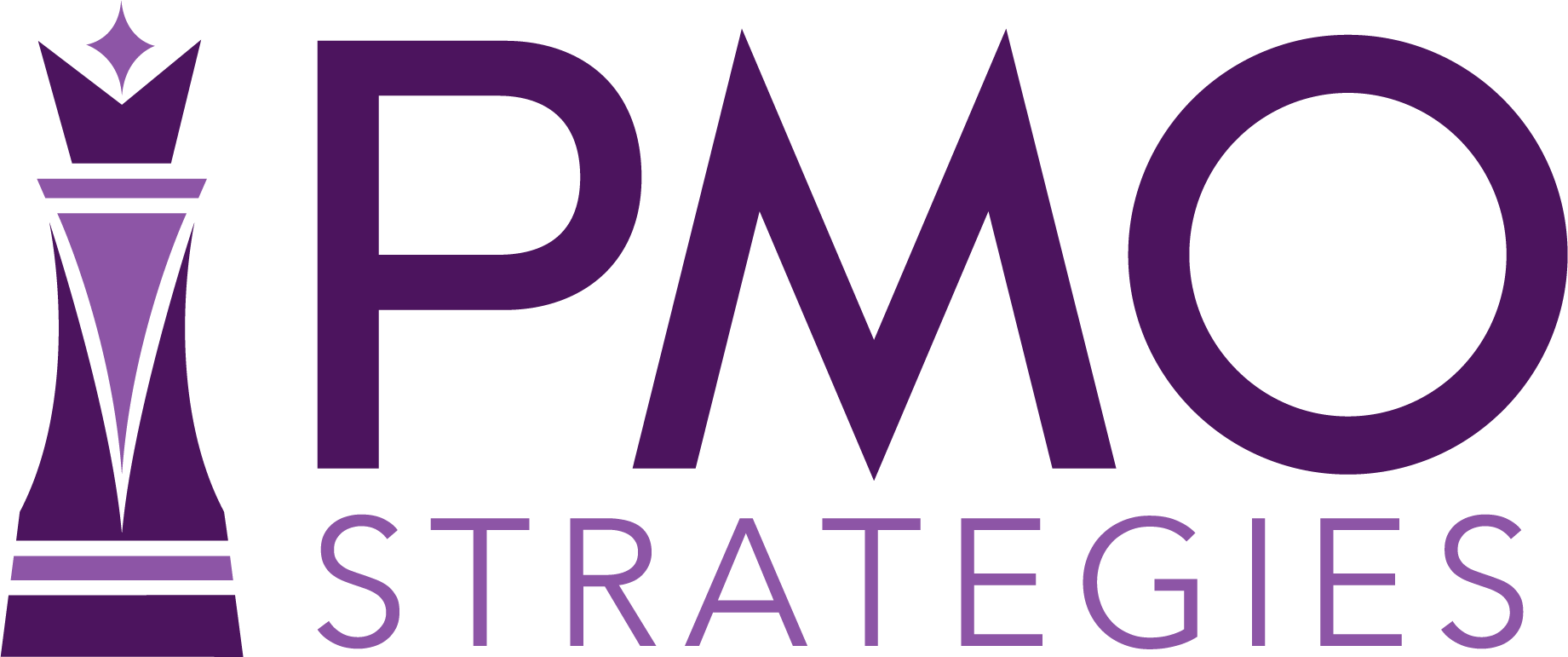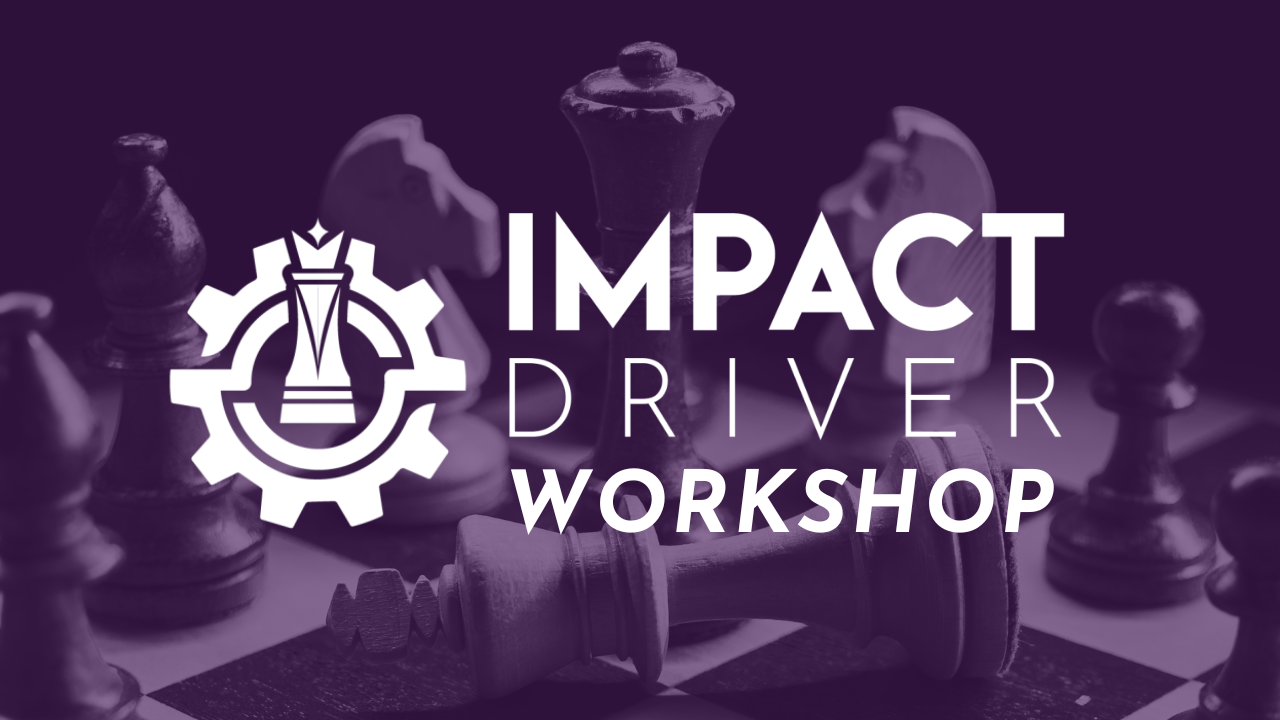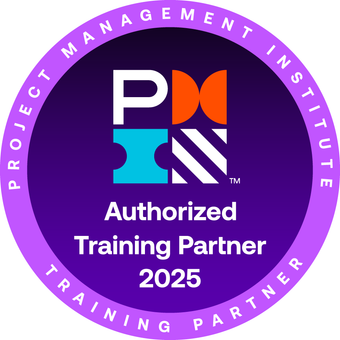Welcome to the PMO Strategies Podcast + Blog, where PMO leaders become IMPACT Drivers!
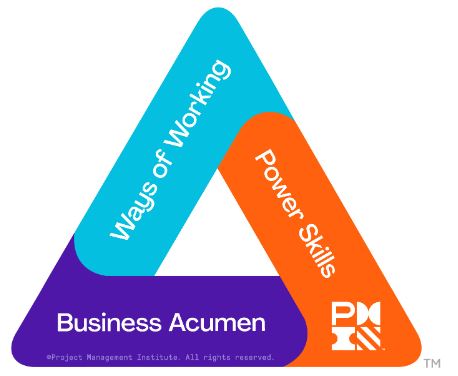
PMI Talent Triangle: Business Acumen
A project can hit every target and still fail if the outcome wasn't worth it.
Stakeholders don't care how well a project was managed if it didn't deliver what they truly needed.
In this episode of the PMO Strategies podcast, I'm joined by Dave Garrett, Senior Advisor to the CEO at PMI (Project Management Institute) and the lead behind PMI's largest-ever research study on Maximizing Project Success. We address why traditional markers of success such as time, scope, and budget often leave leaders blind to what actually matters.
Dave brings decades of leadership experience and a global perspective shaped by insights from more than 10,000 stakeholders. His work helped define a new standard for success: outcomes that were worth the effort and expense in the eyes of the customer.
In this conversation, you'll see how this redefinition of project success requires a change in leadership behavior. The way we lead now matters more than the metrics we used to measure.
Why Leadership Behavior Shapes the Outcome
Redefining project success means shifting how we lead, not just how we manage delivery.
That shift must happen before the project ends, before metrics are finalized, and before stakeholders start asking, "Was it even worth it?"
It's not about doing more. It's about leading differently. It's about earning trust early, aligning with strategic goals, and driving outcomes that reflect what your customers truly value.
Based on PMI's global research, even successful delivery can fall flat when outcomes aren't aligned with stakeholder expectations. Metrics may say the project succeeded, but customers still judge value through the lens of what mattered to them.
Here's why leadership behavior is a leading indicator of real project success:
Stakeholders trust what they feel, not just what they see.
Clear metrics don't matter if the customer doesn't feel heard or valued. Leadership behavior sets the tone.
Strategic alignment starts with proactive conversations.
Success happens when you engage decision-makers early and often, not just when the plan is done.
Outcomes are judged in hindsight, not in real time.
You won't always know what will matter most at the start. How you lead through change is what makes the outcome count.
Project success depends on what the customer says it was worth.
You can't prove value with a checklist. You need to lead toward outcomes they believe were worth the investment.
You Don't Get to Success by Starting with Execution
One of the most common breakdowns in delivery happens before the first task is even done. Too often, teams jump into execution, building plans, locking scope, and setting timelines without aligning on what success should actually mean.
That's why even well-managed projects can leave stakeholders questioning the outcome. Hitting milestones isn't the same as creating value.
To close that gap, PMI's research introduced a practical framework to help leaders focus on what drives success beyond delivery.
Here's how the MORE framework helps leaders redefine what success looks like and keep teams focused on outcomes that matter:
Manage Perceptions
For a project to be considered successful, the key stakeholders such as customers, executives, or others must perceive that the project's outputs provide sufficient value relative to the perceived investment of resources.
Own Project Success beyond Project Management Success
Project professionals need to take ownership of the entire breadth of a project, moving as much as possible beyond literal mandates and executing on requirements, and take accountability for delivering tangible and perceived value that is clear to key stakeholders while minimizing waste.
Relentlessly Reassess Project Parameters
Project professionals need to recognize the reality of inevitable and ongoing change, and continuously, in collaboration with stakeholders, reassess the perception of value and adjust plans.
Expand Perspective
All projects have impacts beyond just the scope of the project itself. We all must consider the broader picture and how the project fits within the larger business, goals or objectives of the enterprise, and ultimately, our world.
This Is the Redefinition That Changes Everything
You already know how to plan, deliver, and manage the work. You've proven you can keep projects on track and guide your teams through complexity.
But executives and customers aren't only asking whether the project stayed on time, scope, and budget. They want to know if the outcome was worth the effort and expense.
This is where the role of the project leader changes. It's no longer just about managing delivery. It's about shaping outcomes that people recognize as valuable.
When you move beyond tracking outputs and start leading with outcomes, you stop being measured only by project management success. You become the trusted partner who ensures the investment made sense.
You're not simply closing projects. You're building confidence, trust, and credibility that extend long after the project ends. That's what creates sustainable influence.
👉 Click play above to hear how PMI's latest research is helping leaders step into this new definition of success and make sure the work they lead is truly worth it.
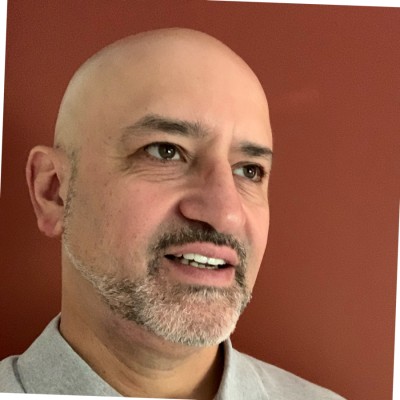 Connect with Dave:
Connect with Dave:
Follow him on LinkedIn
Read PMI's Maximizing Project Success report
P.S. The IMPACT Driver Intensive helps leadership teams shift from reactive oversight to outcome ownership—with the strategy alignment, clarity, and business value focus they need to deliver what actually matters. Click here to learn how you can lead strategy execution with confidence and clarity.
 Hey there, IMPACT Driver!
Hey there, IMPACT Driver!
Thanks for taking the time to check out our podcast and blog.
I welcome your feedback and insights!
I’d love to know what you think and if you love it, please leave a rating and review in your favorite podcast player.
You can also complete this survey to tell us more about you and get my advice on how to take your next steps toward high-IMPACT!
Warmly,
Laura Barnard
